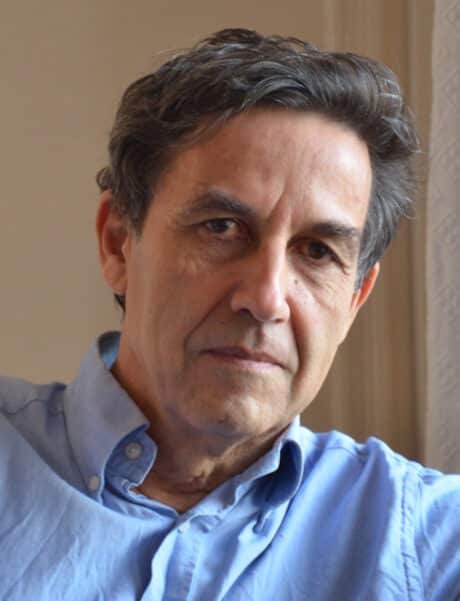


Emmanuel Todd
Emmanuel Todd (born 1951, Saint-Germain-en-Laye) is a renowned French historian, demographer and political thinker whose pioneering research has transformed our understanding of how family structures influence the evolution of societies.

About Emmanuel Todd
Educated in history and political science in Paris, Emmanuel Todd earned his PhD in History from the University of Cambridge, marking the beginning of a distinguished career bridging anthropology, sociology and geopolitics.
Early in his career, Todd contributed as a respected book reviewer for Le Monde des Livres (1977–1984), specialising in history, anthropology and sociology. He later joined the Institut National d’Études Démographiques (INED), where he led the resource centre and advanced research that would redefine demographic analysis.
Todd’s work explores how traditional family systems underpin the cultural, political and economic trajectories of nations. His landmark studies — including La Troisième planète (1983), L’Enfance du monde (1984), L’Invention de l’Europe (1990), and L’Origine des systèmes familiaux (2011) — reveal the deep-rooted social logics that continue to shape global modernity.
Beyond theory, his predictions have been strikingly prescient: he foresaw the collapse of the Soviet Union (La Chute finale, 1976), the decline of American hegemony (Après l’Empire, 2002), and the emergence of the Arab Spring (Le Rendez-vous des civilisations, with Youssef Courbage, 2007).
A public intellectual with rare foresight, Todd combines rigorous empirical research with a fearless critique of contemporary politics. His 2008 book, Après la démocratie, dissects the erosion of political representation in modern France and beyond. Through his writing and lectures, he continues to challenge policymakers, scholars and citizens to question inherited assumptions about progress, democracy and identity.
In January 2024, Todd published La Défaite de l’Occident, widely regarded as the culmination of his life’s work. In this landmark study, he dissects the moral, demographic and intellectual decline of Western societies, arguing that the West’s crisis is rooted not in temporary politics but in deep civilisational fatigue. The book has cemented his standing as one of the most incisive analysts of the 21st century.
Engaging, provocative and deeply human in his outlook, Emmanuel Todd’s analyses invite audiences to see history not as a sequence of events but as the unfolding of enduring cultural patterns — patterns that, once understood, illuminate the future of our global society.
Specialist Subjects
Videos


